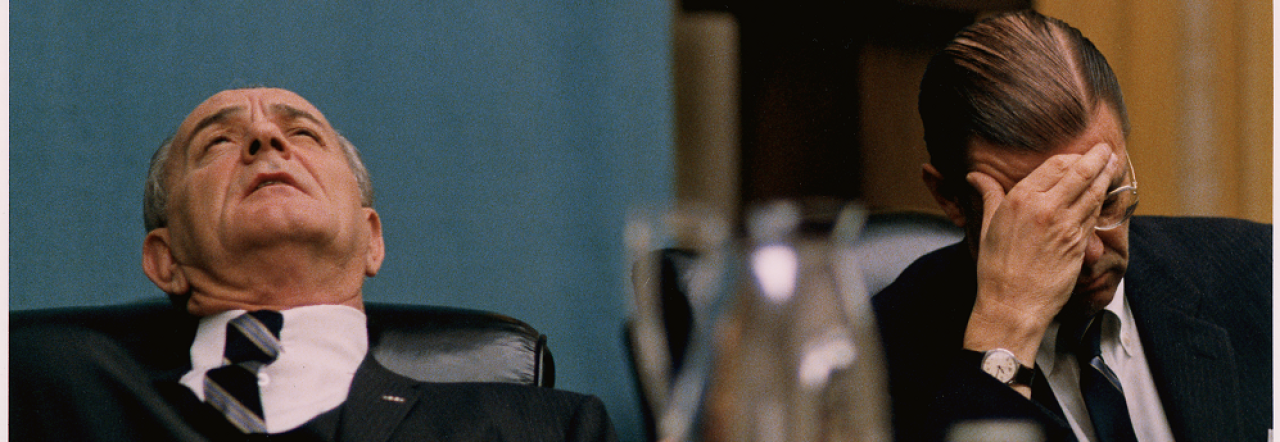Vanity Fair has an excerpt on the latest book about Senator Ted Kennedy. Click on link above to read the entire excerpt. It is pretty good.
Excerpted from Ted Kennedy: The Dream That Never Died, by Edward Klein, to be published in May by Crown, a division of Random House; © 2009 by the author.
It started as a fairly typical day for Ted Kennedy. Early in the morning on Saturday, May 17, 2008, his Portuguese water dogs, Sunny and Splash, bounced into his bedroom and woke him up. Groggy but obliging, Kennedy swung his legs over the side of the bed and, struggling against age and gravity, lifted himself to an erect position—or as nearly erect as his old bones would allow. He threw on some warm clothing, then headed out the door into the chill, salty air for a stroll on the beach with the dogs.
In front of the Kennedy compound, he lobbed a tennis ball into the water, and Sunny dived in after it. Suddenly he felt his jaw tighten, then noticed his left arm become numb. Dear God, don’t let me go like Dad, he later recalled thinking. He had a horror of having to spend his last years in the same condition as his paralyzed father, Joseph P. Kennedy, fully conscious but imprisoned in a useless body. According to one family friend, he fell to the sand and realized he could not move. The dogs reacted with frenzied yelps and barks, and several workmen, hearing the commotion, came running to the senator’s aid. They carried him back to the house and summoned Victoria Reggie Kennedy. When Vicki saw her husband’s condition, she let out a scream. Then she phoned 911.
At 8:19 a.m., the dispatcher at the Hyannis Fire Department received an emergency call from 50 Marchant Avenue in Hyannis Port. The famous Kennedy address set off frantic alarms, and within minutes help arrived. Paramedics lifted the overweight senator onto a gurney, hooked him up to oxygen, and slid him into the back of an ambulance. The ambulance and a police cruiser raced down South Street to Cape Cod Hospital.
“Vicki Kennedy knew in a split second that whatever was happening was grave,” reported Lois Romano of The Washington Post. “As the wife of one of the most iconic and admired politicians in modern history, she also knew it would play out in public. Knowing the media would be tipped off in minutes because of [her] 911 call, Vicki Kennedy worked her cell phone at her husband’s side. Before the ambulance pulled up, she had arranged for the Senator to be transported from the Cape to Massachusetts General Hospital, called his Senate staff to put in place a crisis management team, summoned family members and notified his closest friends.”
In the emergency room at Cape Cod Hospital, the doctors examined Kennedy for almost two hours and concluded that he had suffered two seizures, little electrical storms in the brain, rather than a stroke, which kills brain tissue and can lead to permanent paralysis. He was put back into the ambulance for the three-minute trip to Barnstable Municipal Airport. There a twin-engine medevac helicopter was standing by, ready to airlift him to Boston.
In less than half an hour, the chopper touched down on the roof of Massachusetts General, where Dr. Larry Ronan, the senator’s longtime primary-care physician, was an internist. By late afternoon Kennedy’s condition had stabilized, and immediate family members began to arrive at the hospital. The senator’s daughter, Kara, who had been battling lung cancer since 2003, flew up from Maryland. His son Teddy junior, who had lost a leg to cancer as a child, came from Connecticut. His younger son, Patrick, who suffered from a plethora of health problems, ranging from asthma to a non-cancerous tumor that had been removed from his spine, flew in from Washington, D.C., where he served as a congressman from Rhode Island.
Soon a dozen or so members of the extended Kennedy family circle—the senator’s friends, aides, political associates, and hangers-on—were all crammed into the hospital room, and the atmosphere in his V.I.P. suite began to resemble that of an Irish wake or, perhaps more accurately, one of those medieval paintings that depict the death of a great prince. Should it come now, the senator’s death would not be sudden and violent, like those of his three brothers—Joe junior in a plane accident during World War II, Jack and Bobby at the hands of assassins. Rather, it would be like those “good deaths” during the Middle Ages, which were performed, in the words of the French historian Georges Duby, “as on a stage before many spectators, many auditors attentive to every gesture, to every word, eager for the dying man to show what he is worth.”

